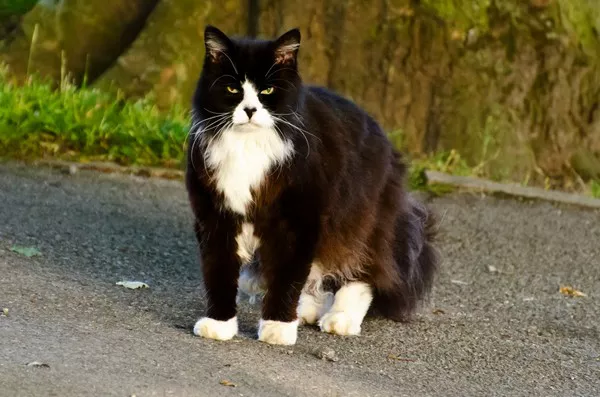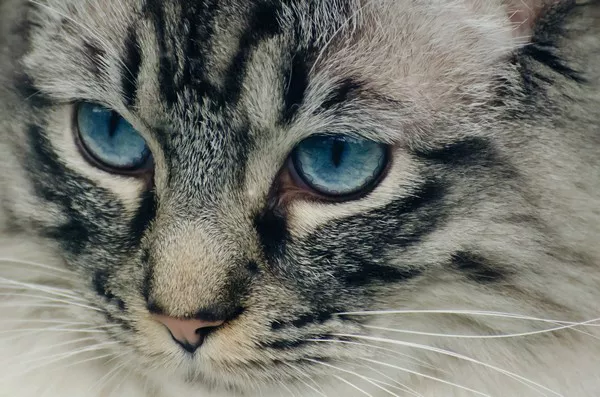A recent study conducted by a team of researchers in Taiwan has shed light on the presence of undisclosed animal species in cat foods available in the local market. Published in the journal Bioinformatics and Genomics, the findings underscore both health and ethical implications associated with undisclosed ingredients in pet food.
Undeclared animal species in pet food can pose health risks, as some pets may be allergic to certain ingredients, such as cattle or chicken. Additionally, the presence of specific animal tissues in pet food can raise ethical concerns among pet owners, particularly those with religious or cultural dietary restrictions. For instance, the inclusion of pig in pet food may be problematic for Jewish or Muslim pet owners, while beef could pose issues for Hindu pet owners. Moreover, the discovery of endangered species, such as silky sharks, in pet formulations raises significant ethical dilemmas for environmentally conscious pet owners.
Addressing this issue, the researchers employed DNA barcoding, a highly effective identification methodology capable of discerning even highly processed products. By analyzing a specific mitochondrial RNA gene as a marker, the team conducted genetic analysis on 138 canned cat food products from 62 brands purchased from Taiwanese retailers.
The study revealed a troubling trend, with a significant portion of the examined products containing undeclared ingredients. The researchers noted that the most common mislabeling incidents involved the substitution of tuna with other species. Furthermore, metabarcoding analysis uncovered the presence of numerous undeclared ingredients across all examined canned products. Notably, one product was found to contain the CITES Appendix II-listed shortfin mako shark (Isurus oxyrinchus). Overall, the study reported a mislabeling rate of at least 28.99%.
Among the undeclared species identified in cat food were:
24 fish
two poultry (chicken and turkey)
three livestock (sheep/goat, cattle, and deer)
one reptile (softshell turtle)
three crustaceans
five mollusks
While some of these species clearly should not have been included in the formulations, others may have been listed due to the lack of standardized naming conventions in the Taiwanese pet food market.
Unlike regions such as the European Union and the USA, where standardized lists of vernacular names for species used in foods are published, Taiwanese authorities do not provide such lists. Consequently, many “umbrella” terms are used in the Taiwanese market, leading to potential confusion among consumers.
For instance, a single character representing a fish in Taiwanese can refer to different marine fishes, complicating accurate labeling practices. While previous studies have found evidence of endangered shark species in cat food, this study specifically identified the endangered shortfin mako shark (Isurus oxyrinchus) in one sample.
The inclusion of endangered species, allergens, and religiously prohibited animals in pet food formulations poses significant challenges for pet food manufacturers. Ensuring accurate labeling practices is essential for addressing these concerns and safeguarding the health and well-being of pets and their owners.


























